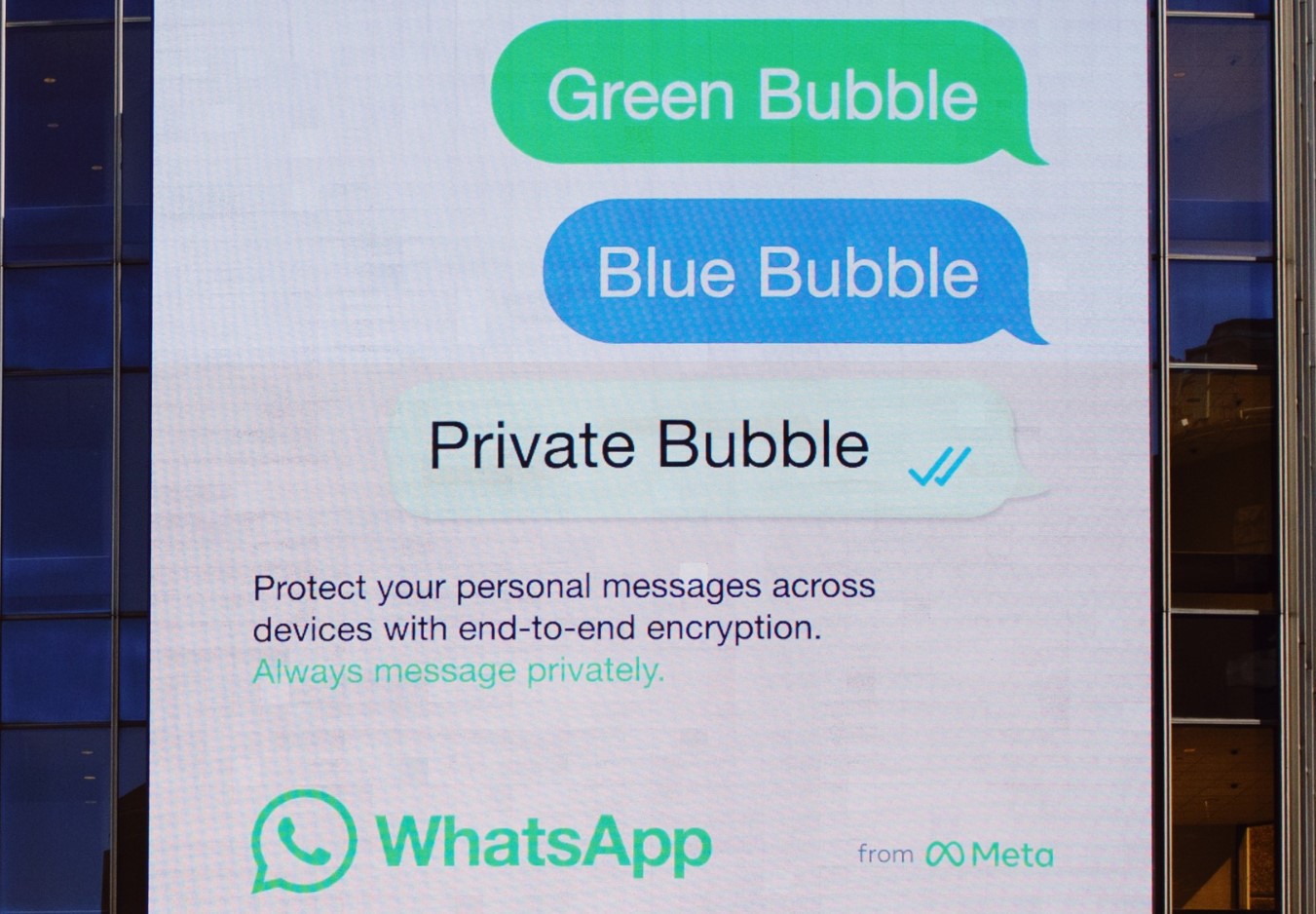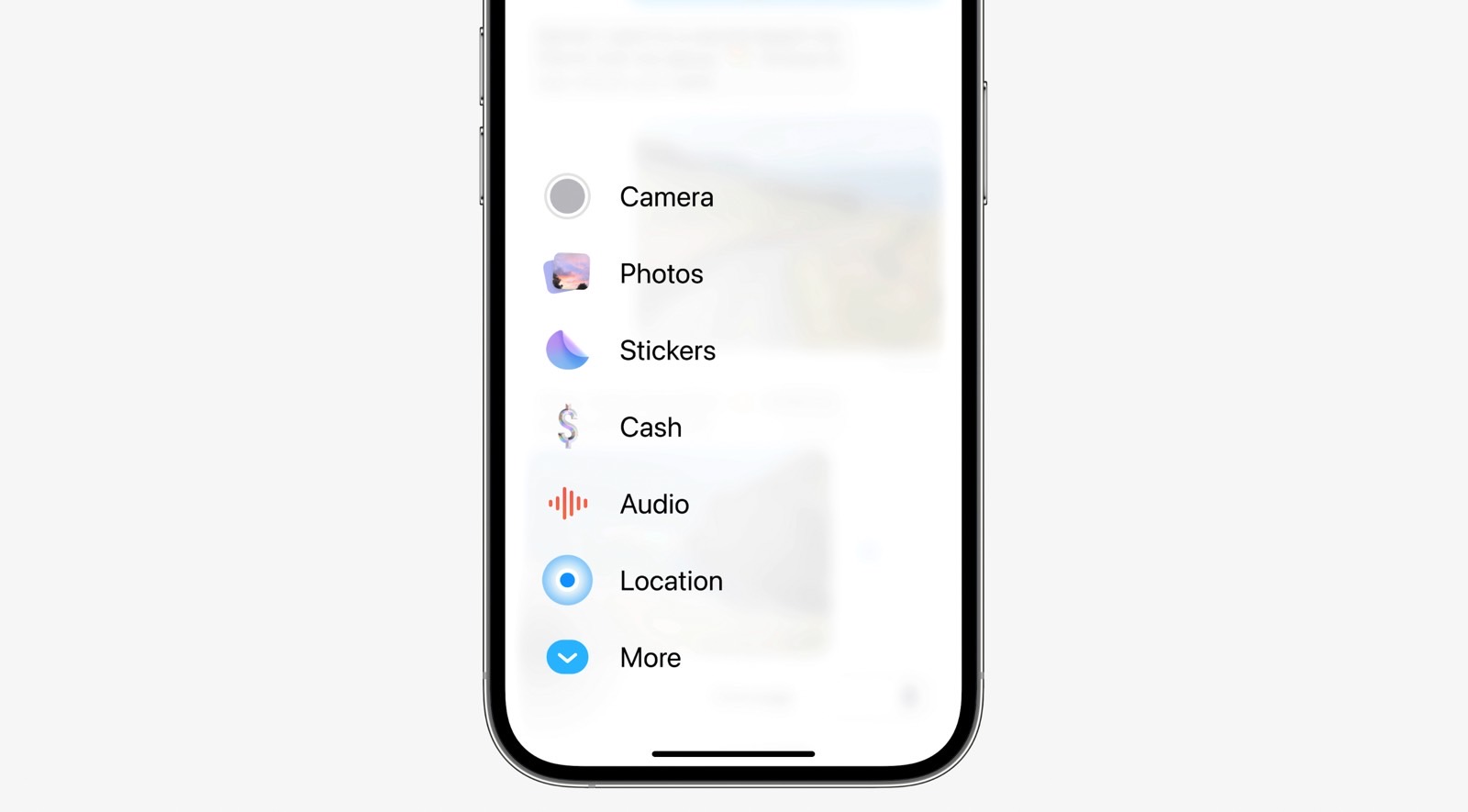As a brand, Twitter is dead. Elon Musk made sure of that, replacing the Twitter name with X and the bird logo with… an X. This is all part of his master plan of turning Twitter into the “everything app,” the equivalent of WeChat in China. Twitter’s acting CEO Linda Yaccarino recently confirmed that’s what Twitter is going for while she tried to explain the unnecessary rebrand to X.
But I, as a longtime smartphone user, do not want an everything app. That sounds like a nightmare, actually. It’ll be a messaging app crowded with features I might never use. It’s not just the thought of having to deal with all the clutter in Twitter/X that scares me. I also don’t trust that Elon Musk will properly execute this bold pivot.
What is WeChat?
WeChat isn’t only a messaging platform in China. You can also use the app for mobile payments, games, and more. And you can install mini-apps inside WeChat that essentially turn the app into a portal of online stores. Apple just launched a new app for WeChat. But all of that only works in a particular type of market, China, which isn’t exactly a democracy where competition thrives.
That’s also why WeChat’s more-than-1 billion users are mostly based in China. Over in the Western world, there’s no equivalent to WeChat because nobody really wants a solution like this. No companies have even really tried to do it. Or if they did, they failed.
Strong security and privacy protections
Unlike China, many top messaging apps in other markets are typically end-to-end encrypted, which is really the first feature you’d want to have. iMessage, WhatsApp, and Signal are a few examples. That strong encryption can protect personal data, shared content, and money transfers.
Twitter/X doesn’t support end-to-end encrypted chats, by the way.
Since they’re encrypted, these apps can’t collect the same amount of data for personalized apps as non-encrypted ones. Also, encryption would make it more difficult to collect usage data for, say, a mini-store operating within an “everything app.”
But if someone had created a WeChat alternative before Twitter/X, I wouldn’t have wanted to use it. I like my iPhone apps to be as clutter-free as possible. I like focused experiences and clean interfaces. iMessage’s redesign in iOS 17 is one of the most exciting things about the app. I always hated the overcrowded menu at the bottom and all those virtual buttons that I never tap.

I want different apps, not an “everything app”
I want a different app to cater to each of my needs.
I want dedicated shopping apps that can make the most of the iPhone (or Android), rather than having to run in a mini-app version inside a chat app. The idea is to tap an ad for a product you want on Instagram or Facebook, and then have the shopping experience through that ad. I hate everything about it. I usually load up that website in a browser or look for the appropriate app.
Remember Apple’s “there’s an app for that” mantra. That’s what I want from my overall mobile experience. An app that will handle specific tasks.
If there’s one company that might have succeeded at delivering a WeChat alternative for the Western world, that’s Facebook (now Meta). And they didn’t, or couldn’t pull it off.
I absolutely don’t see how Twitter/X can become the WeChat of the Western world. No matter how much hype Musk produces. And I don’t trust him to succeed, either.
It’s not about Twitter not supporting end-to-end encryption for chats, a problem the social network had before the Musk era. It’s giving that much power to a single individual over such a massive ecosystem.

I don’t trust Musk’s Twitter/X
Remember how Musk banned journalists from Twitter despite advocating free speech for the platform? Imagine the same thing but on a much broader scale. Imagine Musk banning stores or apps he doesn’t like. Again, there’s a reason WeChat works, and that’s China.
Yes, you can compare Musk’s control over Twitter/X with Apple’s control over the iPhone experience. But Apple hasn’t yet given me reasons not to trust it. Meanwhile, Musk seems to give me new reasons every day.
There’s also the problem of competency. Since taking Twitter over, Musk has fired lots of talent, in the most brutal possible ways. You can’t build the “everything app” yourself, or you would have done it by now. And I wouldn’t want to worry about the overall experience of the everything app, or the security of the increasing amount of data I’d be sharing in it.
Obviously, I could be wrong. We might be witnessing the rise of a true WeChat competitor. The app could threaten everything else on the market, and do it while delivering incredible must-have chat features, entertainment, and shopping experiences. I might have to use it if everyone around me relies on it. Time will tell.
I’ll also point out that both Meta and Microsoft own “X” trademarks. That’s another potentially big complication for Musk’s everything app.








